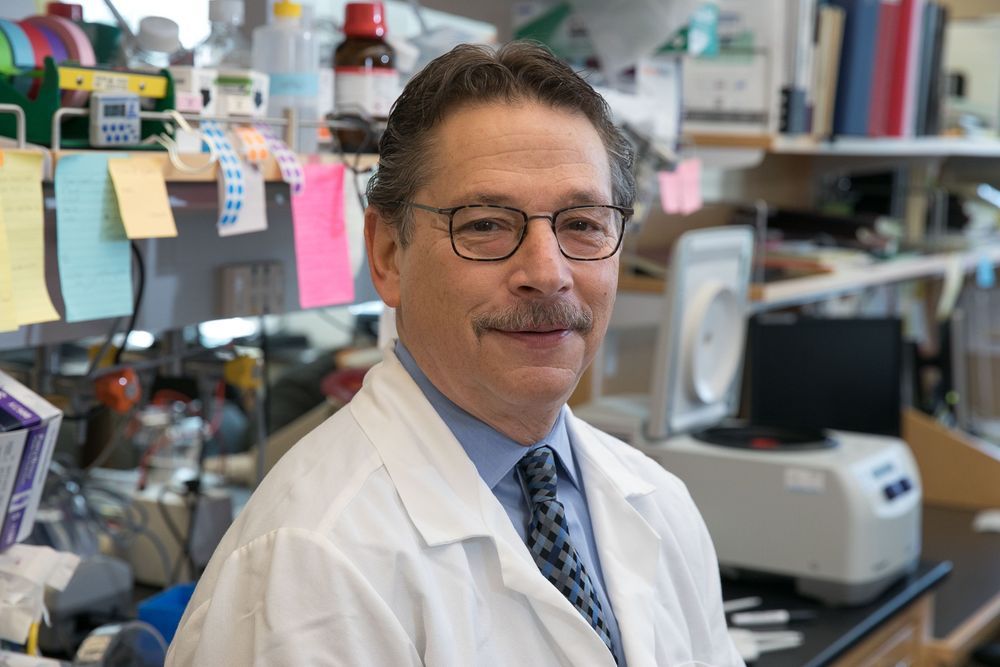
🧬Gene Therapy could help children without an immune system
In a new study, 48 out of 50 children with severe immune disease were cured. The results were recently presented in the New England Journal of Medicine.
Share this story!
Some children are born without a functioning immune system due to genetic disorders. This means that they are extremely vulnerable to infection by just living normal lives.
A team consisting of Dr. Donald Kohn from the University of California, Los Angeles, and Dr. Claire Booth from Great Ormond Street Hospital (GOSH) has for many years researched how genes can be adapted to do what they are supposed to do.
As early as 2008, they got the idea that now, thirteen years later, resulted in a study with promosing outcomes. The result was presented on May 11, 2021 in the New England Journal of Medicine.
The study started 2012 and has included clinical trials with fifty participating children, which were followed up after two and three years. The children were born with deficient immune systems. Forty-eight of these children got cured by the treatment - and experienced no side effects.
Low-functioning immune system may be due to mutations in the so-called ADA gene. This particular gene normally regulates the body's production of the vital enzyme adenosine deaminase. Mutations in the ADA gene is diagnosed as ADA-SCID.

The method is, very simply, that you collect a sample of the child's stem cells - the type of cell that has to do with the production of blood cells. These cells are involved in creating all types of blood and immune cells. In the sample, an adapted healthy ADA gene is inserted and the cells are corrected. The cell sample is then returned to the childs body. The procedure causes the body to start producing cells with a functioning ADA gene and thus also the missing enzyme. The immune system can then be built up on its own.
“If approved in the future, this treatment could be standard for ADA-SCID, and potentially many other genetic conditions, removing the need to find a matched donor for a bone marrow transplant and the toxic side effects often associated with that treatment,” said Booth, in a press release.
Some of the children in the study were treated with cells that had been frozen, which turned out to work as well as those that were not frozen. The advantage of this method is that the samples can be sent to a clinic elsewhere in the world. Children can then receive their treatment closer to home, with less risk of infection in connection with travel.
The study is now awaiting approval by authorities and the researchers hope that the results can lead to the possibility for sick children to receive treatment.
This is one of the latest examples of how gene therapy can be used in healthcare. We will return with more in the future. Picture: Six of the children who participated in the study - and who are now declared healthy - are in the picture above.
The picture shows six of the children that participated in the study.
By becoming a premium supporter, you help in the creation and sharing of fact-based optimistic news all over the world.


